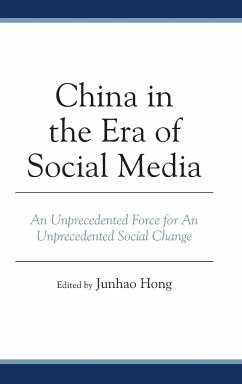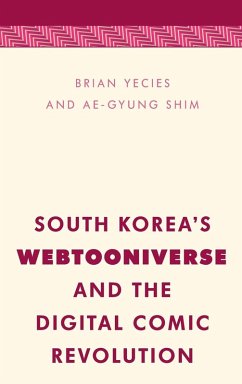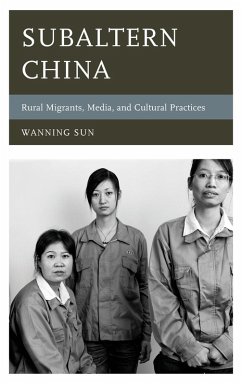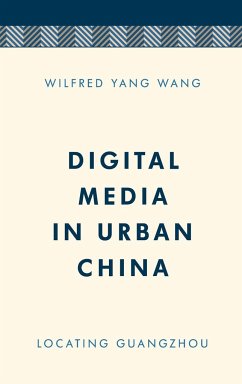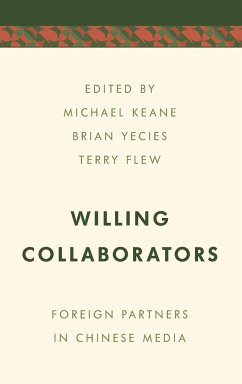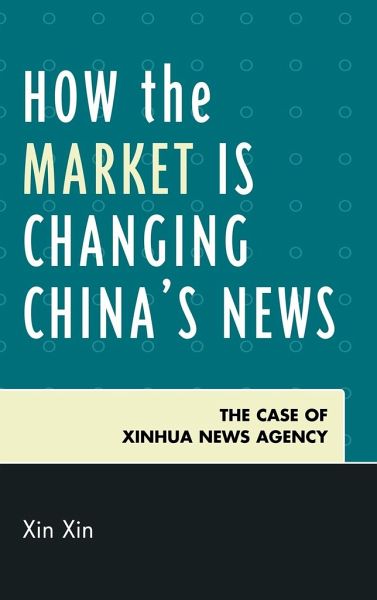
How the Market Is Changing China's News
The Case of Xinhua News Agency
Versandkostenfrei!
Versandfertig in 1-2 Wochen
110,99 €
inkl. MwSt.
Weitere Ausgaben:

PAYBACK Punkte
55 °P sammeln!
This book provides a micro-analysis of the impact of marketisation and globalization on China’s media system over the last three decades with a focus on Xinhua News Agency – one of the most influential propaganda apparatuses of the Chinese Communist Party. It investigates not only Xinhua itself, but also its evolving relations with news sources, media clients and other social institutions.





